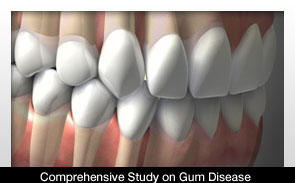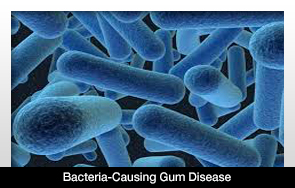 |
It has recently become clearer why gum health declines with age.
Queen Mary, University of London, along with research teams in the United States, put together a comprehensive study on why gum disease rises with age. The information appeared in Nature Immunology and explained that a decrease in the chemical Del-1 played a major role in gum problems.
The research teams want to learn as much as possible about Del-1 and the way it impacts the rest of the body’s immune system.
Periodontitis is a major problem that results in bleeding and bone loss. When people age, they are more susceptible to diseases and gum problems, such as gum disease.
This research was generated from a study of mice. The researchers concluded that an increase in gum disease in the older mice was associated with a drop in the Del-1 levels. This protein holds back the immune system by preventing white blood cells from sticking to the mouth tissue and attacking it.
Mice that were without Del-1 tended to develop severe gum disease and had elevated levels of bone loss. There were also more white blood cells in the gum tissue. The amount of white blood cells dropped after the gums were treated.
This information could lay the foundation for new treatment or prevention methods for gum disease.

|











